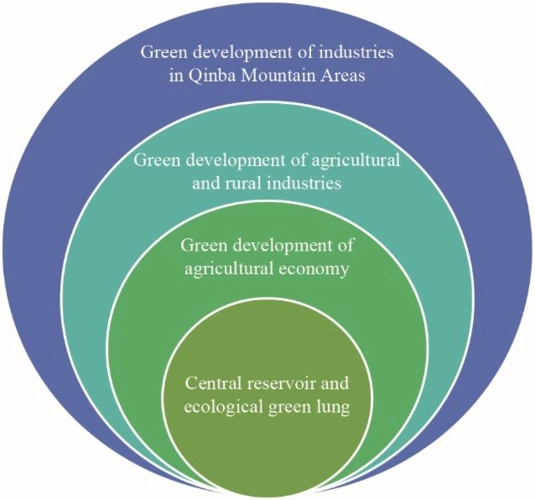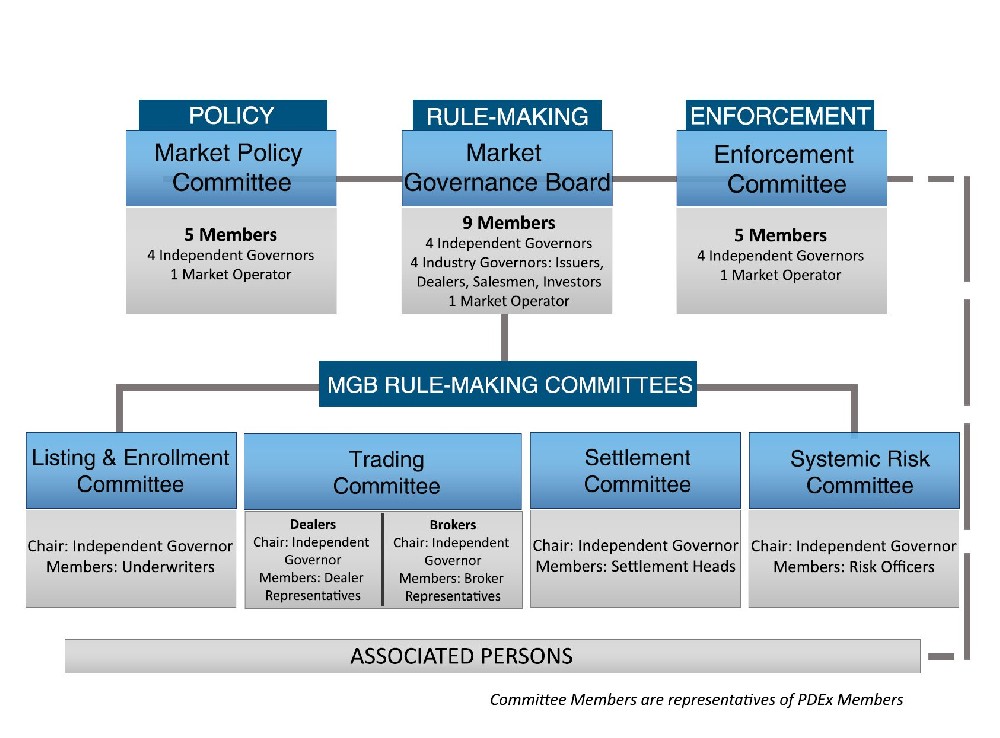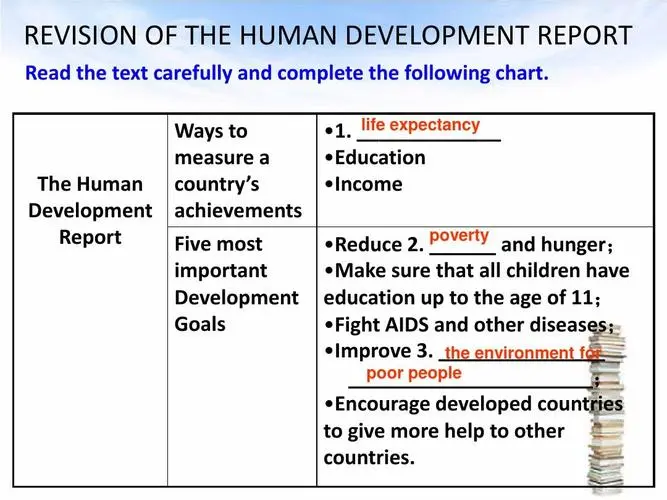The development and supervision of offshore financial centers (OFCs) is a topic that has attracted the attention of various international organizations, including the IMF. OFCs are jurisdictions that provide financial services to nonresidents on a scale that is incommensurate with the size and the financing of their domestic economies. OFCs are often characterized by low or zero taxation, light and flexible regulation, and a high degree of secrecy and anonymity.
The IMF has been involved in the assessment of OFCs since 2000, in response to concerns about the potential risks that OFCs pose to global financial stability, as well as the issues of money laundering, financing of terrorism, and tax evasion. The IMF has conducted voluntary and confidential assessments of OFCs’ compliance with relevant international standards and codes, such as the Basel Core Principles for Effective Banking Supervision, the International Association of Insurance Supervisors’ Core Principles, and the Financial Action Task Force’s Recommendations on AML/CFT. The IMF has also provided technical assistance and policy advice to OFCs to help them strengthen their supervisory and regulatory frameworks, enhance their transparency and cooperation, and address their developmental needs.
The IMF’s work on OFCs has been coordinated with other international initiatives, such as the Financial Stability Forum’s (FSF) classification of OFCs based on their perceived vulnerabilities and the OECD’s project on harmful tax practices. The IMF has also collaborated with other international organizations, such as the World Bank, the Bank for International Settlements, and the regional development banks, as well as the standard-setting bodies and the FATF-style regional bodies, to ensure a consistent and comprehensive approach to OFCs.
In 2008, the IMF proposed to integrate the OFC program with the Financial Sector Assessment Program (FSAP), which is a joint IMF-World Bank initiative to assess the strengths and weaknesses of the financial systems of member countries. The integration of the OFC program with the FSAP would allow for a more uniform and risk-based approach to financial sector surveillance, focusing on the small number of OFCs that account for the majority of offshore activity and could pose significant financial system risks. The integration would also eliminate the need to maintain a separate OFC list, which could be seen as discriminatory or stigmatizing.
The IMF’s involvement in the development and supervision of OFCs has contributed to the improvement of the quality and availability of information on OFCs, the enhancement of the compliance of OFCs with international standards and codes, and the promotion of good governance and cooperation among OFCs and other jurisdictions. The IMF continues to monitor the developments and challenges in OFCs and to provide support and guidance to OFCs in their efforts to achieve sound and stable financial systems. For more information on the IMF’s work on OFCs, you can visit the following web pages:







